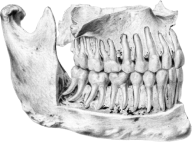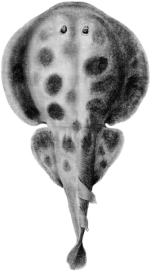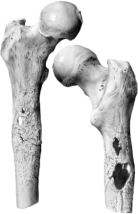
RCS Library resources
Mary Shelley Frankenstein Workshop
Led tour of Hunterian Museum focusing on key themes in the following galleries:
- Early Surgery
- Long Gallery
- Hunter at Earls Court
- Leicester Square
- 19th Century Surgery
- Modern Surgery
Library and Archives sources session focusing on works/documents relating to key themes:
- Erasmus Darwin Zoonomia
- Notebook on Galvanic experiments
- Newgate Calendar – attempted ‘raising’ of George Foster
- John Abernathy
- Humphrey Davy
- Anatomical representations of women
- Contemporary transplant sources on hand transplantation
This workshop supports GCSE and A-level English Literature course.
It may also interest Theatre and Stage Production students.
- Study a 19th-century novel.
- Develop skills to analyse how the language, form, structure and context of texts can create meanings and effects.
- Develop skills to maintain a critical style and informed personal response.
- Develop comparison skills.
Edexcel and AQA GCSE:
Literal and inferential Comprehension
2.1 understand a word, phrase, sentence or whole text in context; explore aspects of plot, characterisation, events and settings; distinguish between what is stated explicitly and what is implied; explain motivation, sequence of events, and the relationship between actions or events
Critical reading
2.2 identify the theme and distinguish between themes; support a point of view by referring to evidence in the text; recognise the possibility of and evaluate different responses to a text, use understanding of writer’s social, historical and cultural contexts to inform evaluation; make an informed personal response that derives from analysis and evaluation of the text
Assessment Objectives:
• AO3: Show understanding of the relationships between texts and the contexts in which they were written.
There are different kinds, or categories, of context which affect authors’ work and the reader’s response to it. Teaching should include:
- the author's own life and individual situation, including the place and time of writing, only where these relate to the text
- the historical setting, time and location of the text
- social and cultural contexts (e.g., attitudes in society; expectations of different cultural groups)
- the literary context of the text, for example, literary movements or genres
- the way in which texts are received and engaged with by different audiences, at different times (for example, how a text may be read differently in the twenty-first century from when it was written).
Edexcel A-Level
Learning outcomes - students are required to:
- show knowledge and understanding of the contexts in which texts have been produced and received and understanding of how these contexts influence meaning
- identify and explore how attitudes and values are expressed in texts
- communicate fluently, accurately and effectively their knowledge, understanding and evaluation of texts
AQA A-Level
Texts across time: students write a comparative critical study of two texts on a theme of their choice.
Possible themes include, but are not limited to:
- crime and punishment
- the Gothic
- representations of race and ethnicity
- representations of women
- representations of men
- representations of social class and culture
Hunterian Museum and RCS Library, Royal College of Surgeons of England, 38-43 Lincoln's Inn Fields, London. WC2A 3PE
This workshop is on request from September 2025 to July 2026. Please email [email protected] to find a suitable date.
90 minutes
45 minutes visit in the Hunterian Museum followed by a 45 minutes session in the Library.
This workshop has a maximum capacity of 20. The minimum group size is 6 people, including adults.
The ratio of adults to pupils depends on students’ age:
- Age 14-16: 1 adult to 10 pupils
- Age 16-18: 1 adult to 15 pupils
This workshop is £200+VAT for groups up to 15 students. £250+VAT for groups up to 20 students. Payable by invoice.
If you are unable to attend your session, it is your responsibility to advise us with as much notice as possible, ideally four weeks or more*, please email [email protected] to change or cancel your booking.
*If you notify us at least 4 weeks before the date of your visit we are happy to offer you a full refund.
You will need to have the following information before making your booking.
- Preferred dates and time (suggest a minimum of three dates)
- The number of pupils and adults in your group (maximum number of students is 20 and 2 adults)
- The year group of the students
- Any specific access requirements
- A contact name, company name, billing address and email address
Please email [email protected] with a minimum of three optional dates and preferred time.



